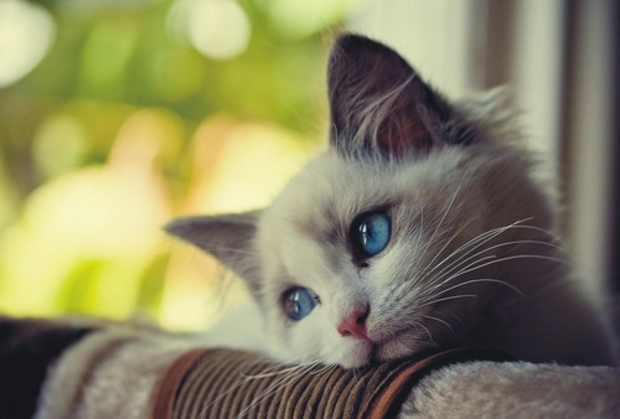US shrinks suggest that if you are on social media for more than two hours you have double the chance of being socially isolated. Researchers questioned almost 2,000 adults aged 19-32 about their use of social notworking as part study.
It is not just because all your friends seem to be talking about what they have eaten, it is because people on such sites project an ideal version of themselves and this may cause feelings of envy. This might heighten the emotions you're already feeling.
One of the researchers, Elizabeth Miller, professor of paediatrics at the University of Pittsburgh, said it was unclear which came first – the social media use or the perceived social isolation.
"It's possible that young adults who initially felt socially isolated turned to social media. Or it could be that their increased use of social media somehow led to feeling isolated from the real world."
The more time a person spends online, the less time they have for real world interactions and this encourages feelings of exclusion, such as seeing photos of friends enjoying an event to which you have not been invited.
Professor Brian Primack, from the University of Pittsburgh School of Medicine, said: "This is an important issue to study because mental health problems and social isolation are at epidemic levels among young adults.
"We are inherently social creatures, but modern life tends to compartmentalise us instead of bringing us together. While it may seem that social media presents opportunities to fill that social void, I think this study suggests that it may not be the solution people were hoping for."




